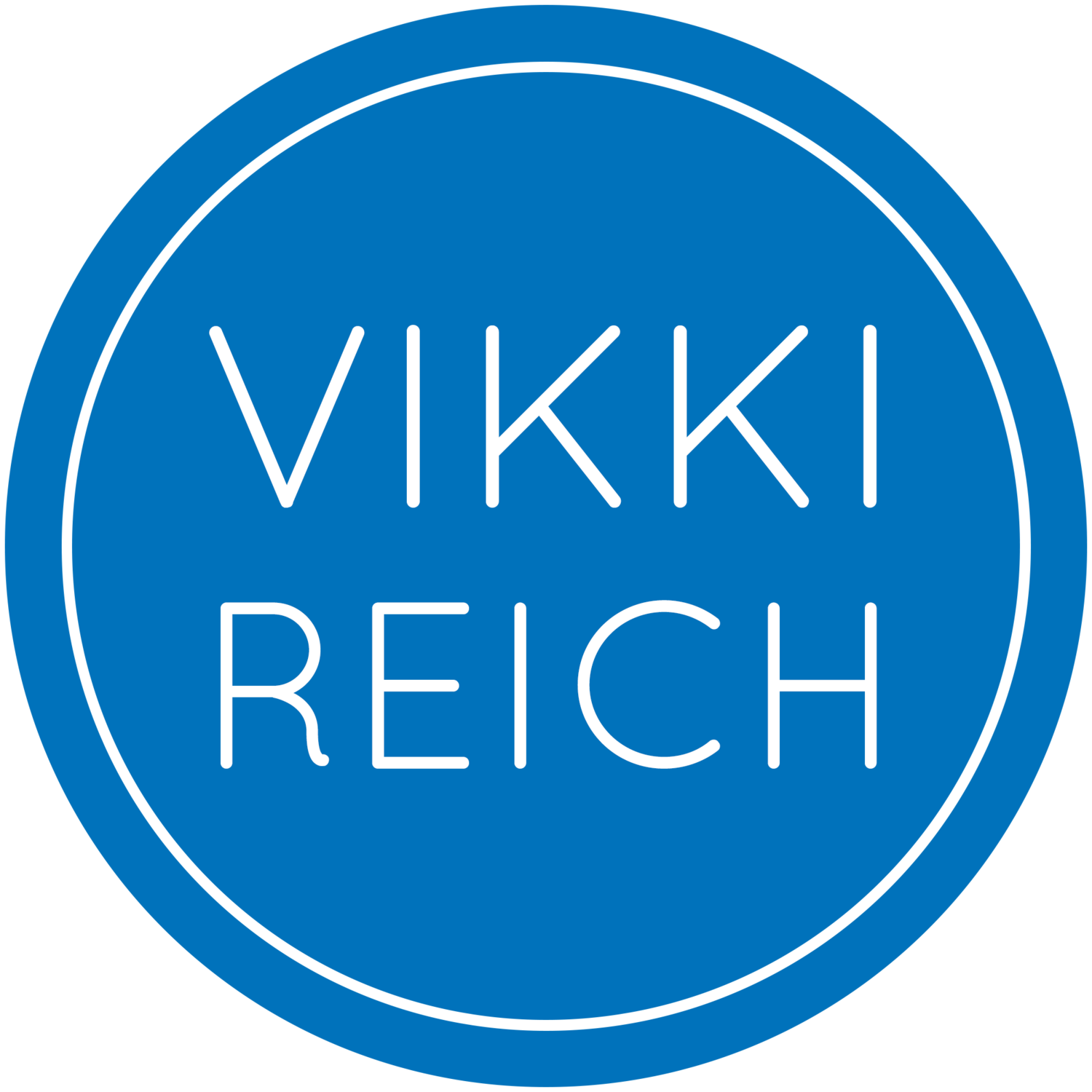It's Different Now
/So much has changed in their lifetimes...
This post is sponsored by AMAZE.
“It was different back then.”
When I imagined being a parent, I didn’t realize how often I would use that line with my kids. I say it when we talk about seat belts and bike helmets, computers and technology, and even the food I ate as a kid. They are shocked by what seems like a disregard for safety, laugh nervously as they try to picture life without cell phones and texting, and they are grateful that I don’t make their sandwiches with Velveeta.
But I said it more recently when my son and I were talking about sexuality and identity. It was one of those nights that are rare these days. There were no soccer games or track meets. There was homework but nothing too pressing. And he didn’t want to play video games with his friends. (I’m no fool - I’m sure they were busy.) So, all that was left was the two of us, lying on our backs on my bed, staring at the ceiling and talking.
We talked about our days and things we were looking forward to in the coming weeks. He talked about classes and how annoying some of his classmates are and I smiled because some things don’t change. At some point, the conversation shifted and he asked, “Why was it so important to you to label yourself? Why couldn’t you just love who you loved without calling yourself a lesbian?” I thought about it for a few quiet moments and said, “It was different back then,” and it was but I knew he was looking for more than that, so, I did my best to explain.
I came out in the midwest in the early 90s without many role models in my daily life, let alone in the culture at large. Realizing that I loved women and finding the courage to utter the word “lesbian” was a major turning point in my life. Claiming that label and that identity helped me find others like me and gave me a sense of community when I felt alone. At the time, labeling myself felt like a radical act in terms of politics and self-acceptance. Things were different even as we started our family. We faced ignorant health care providers and hung our hopes on getting a "good" judge so that our second parent adoptions would go through without issue. We weren't able to legally marry until our kids were 12 and 8. Visibility is a powerful tool for change.
He nodded and said, “It’s different now,” and explained that most of the kids in his high school accept as fact that sexual orientation and gender are on a spectrum. My daughter's experience in middle school is no different. Both of my kids have a daily lived experience that includes kids and teachers who identify as members of the LGBT community and some who choose not to label themselves at all. Attraction, sexuality, pronouns, and identity may be complex but there is a simplicity to the casual acceptance of it all by my kids and their peers that gives me hope for the future. Of course, we live in a major city with a liberal bent and my kids go to public schools rich in diversity. They are lucky. As a queer family, we’re all lucky.
But there are families and kids out there who aren’t as lucky, who may not feel accepted as they are and it is our responsibility as parents to help create a world in which everyone feels seen and valued and safe. AMAZE is an organization that can help us all do just that. AMAZE creates content to educate parents and kids about sex and sexuality, gender identity, healthy relationships, and more.
Head over to Facebook and like the AMAZEparents Facebook page and check out their content. This is just a sample of what they have to offer:
Representation is empowering and education is part of why things are different now.
This post was sponsored by AMAZE. All opinions are my own.



